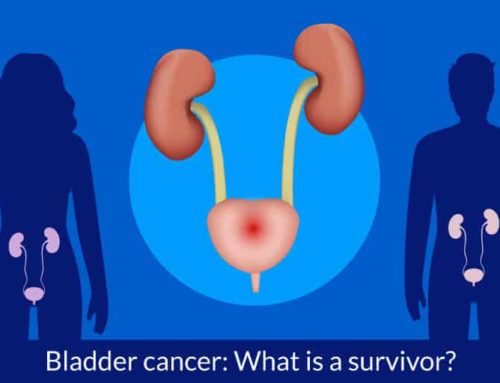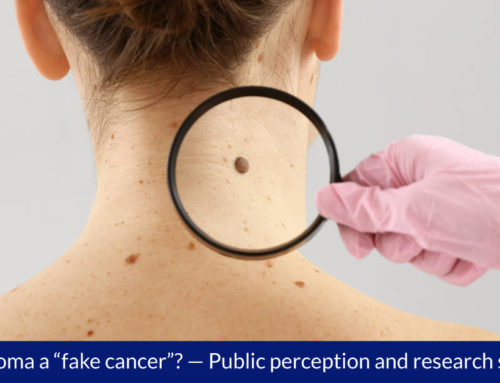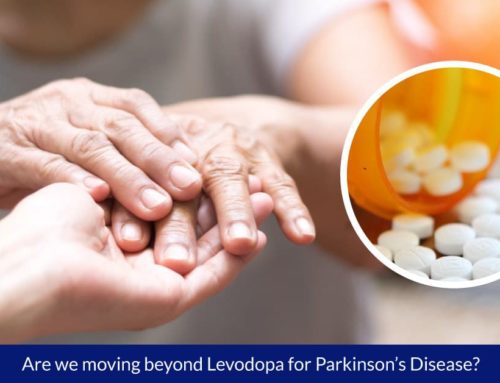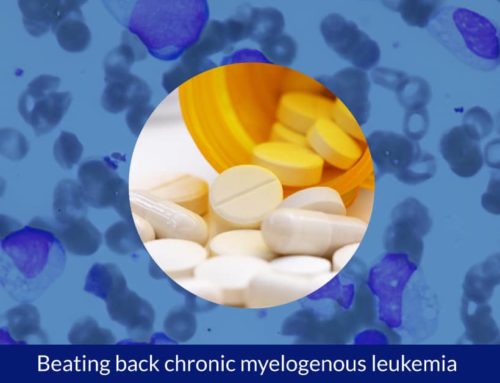Clinical trial recruitment challenges
Recruiting participants for clinical trials is fraught with challenges. Factors such as study complexity, logistical concerns (e.g., patient lives two hours from the study site), and patients’ lack of awareness of clinical trials can contribute to significant study delays or cancellations.
Inspire communities can be a viable source of clinical trial participants who are well-educated on their conditions. Sponsors seeking participants for clinical trials, interviews and focus groups have benefited from our community members’ participation and perspectives, and many have shared their experiences with their Inspire community.

Recruitment is key
Clinical trials serve a critical role in testing new medical treatments or drugs. And trials are big business: Close to 40 percent of spending on pharma research in the US ($7 billion) goes to clinical trials.
But problems clearly exist. About 80 percent of clinical trials delay or close due to issues with recruitment. Such delays cost more than time — for every additional day it takes to develop and launch a new product, the sponsor can lose anywhere from $600,000 to $8 million.
Barriers and challenges to clinical trial recruitment are numerous. We highlight three that top the list – and demonstrate how Inspire members can help improve the odds of trial success.
Complexity of study protocols
As clinical trials become more specific, the pool of potential study participants narrows, and eligible patients become more difficult to identify. For example, researchers may seek patients with specific lab values based on blood tests.
Clinical trial participation could be especially useful for patients with serious illnesses who have run out of effective standard treatments, but patients often must find these studies on their own.
From the community: “Just heard from a trial nurse that enrollment is down because trials are getting more specific (targeted/personalized) & therefore more particular as to who they want to enroll. So the biggest challenge is not just access & understanding inclusion/exclusion criteria, but the flip side of that is having thorough, up to date, and easily transferable medical info to present to trial investigators to check for viable participation.” – Inspire member
Inspire is home to therapeutic-specific communities where patients are actively looking for information about clinical trials. In fact, as many as 80 percent of Inspire members say they want clinical trial information. This direct access to patients can help organizations find the right eligible patients in less time. In one case study, Inspire helped a contract research organization (CRO) client increase their recruitment referrals by 32%. The client obtained 74 new patients for the clinical trial without having to open new trial sites, resulting in significant cost savings.
Geography matters
Logistical issues are another key barrier to participation. Most fundamentally, enrolling in a clinical trial requires a time commitment on the part of participants. For those who live near a study site, participation may not pose much of a burden. But those people make up a small part of the potential participant pool.
Broadening the prospect pool can increase a sponsor’s potential for identifying qualified and willing trial participants. Inspire has more than two million registered members in more than 200 disease-specific communities. This rich pool of potential participants allows clients to target specific disease communities and geographical locations in their recruitment campaigns — an efficient and effective way to recruit new patients. In one such case study, Inspire helped a CRO client fully recruit for their clinical trial within hours of launching their campaign.
Lack of awareness of clinical trials
A survey of 73 clinical trial sponsors sought to identify primary challenges in participant recruitment and retention. Topping the list at 38 percent was complexity of study protocols. A close second, at 37 percent, was patients’ lack of awareness of clinical trials.
Inspire members are not only highly knowledgeable about their conditions, they share information on clinical studies and generously post results and views. Fellow community members express appreciation and find useful information to inform their own treatment plans.
From the community: “I was told that Genentech has bought the rights to PRM-151 so don’t think they would buy it unless it showed promise. I will be in this (clinical trial) for a year and then go on the actual drug if I wish (which I will). One other lady in the study was first diagnosed with IPF 13 years ago and is doing really well. She was in the class 2 study and is now in class 3 and receiving the actual drug. Her numbers started to drop after trial ended and now are improving. Everyone hang in there; this seems to show real promise.” Inspire member.
Organic, patient-led conversations about clinical trials are another benefit of recruiting for clinical trials with Inspire. Inspire members communicate with one another about available trials and protocols within the platform, further amplifying the recruitment efforts of sponsoring organizations.
Inspire members can be a ready source for clinical trials
Inspire members and their loved ones devote time and effort to learning about the conditions that affect them and the best treatments and therapies. Inspire communities are safe places where members share information freely and lean on each other for answers and support. Community members who participate in clinical trials readily share successes, which can help others feel more comfortable and open to trial participation as well.
From the community: “My wife was diagnosed with Phase IIIC ovarian cancer in October 2019. Her CA-125 at that time was 3,508. She underwent debulking surgery, completed initial chemotherapy, and, by April 2020, her CA-125 had dropped to 10. However, my wife suffered a reoccurrence in November 2020. In between, my wife tried Lynpaza and Zejula, but her body could not tolerate the side effects. The 2nd chemotherapy did reduce the CA-125 to as low as 72 in June 2021, but then increased over the last five months of 2021 to 856. My wife then was placed in a phase 2 clinical trial In January 2022 at the Seattle Cancer Care Alliance that consists of weekly Taxol and taking afuresertib (a pill) on a daily basis. She has lost her hair since the beginning of the Phase 2 trial, but her CA-125 has dropped from 856 on January 10, 2022 to 18 on March 28, 2022. Needless to say, my wife is overjoyed at the result.” Inspire member.
Learn more
Inspire community members are engaged and supportive. They share information and resources on clinical trials, ask and answer questions, and post their results. Contact Inspire now to advance your clinical trials today.
Sources
1 Antidote, 5 common clinical trial patient recruitment challenges and solutions (antidote blog)
2 Antidote, 25+ useful clinical trial recruitment statistics for better results (antidote blog)
3 ASCO Educational Book, Overcoming Barriers to Clinical Trial Enrollment (May 2019)
4 National Library of Medicine, Challenges in recruitment and retention of clinical trial subjects (Jul-Sep 2016)
5 WebMD, Clinical Trials: A Guide (January 2022)





